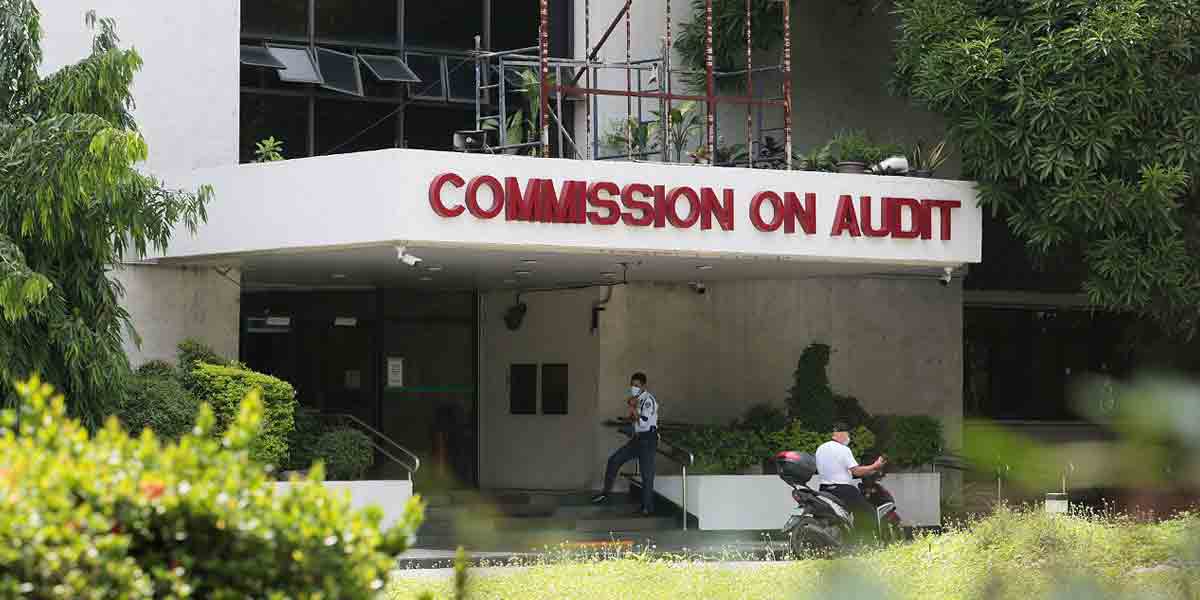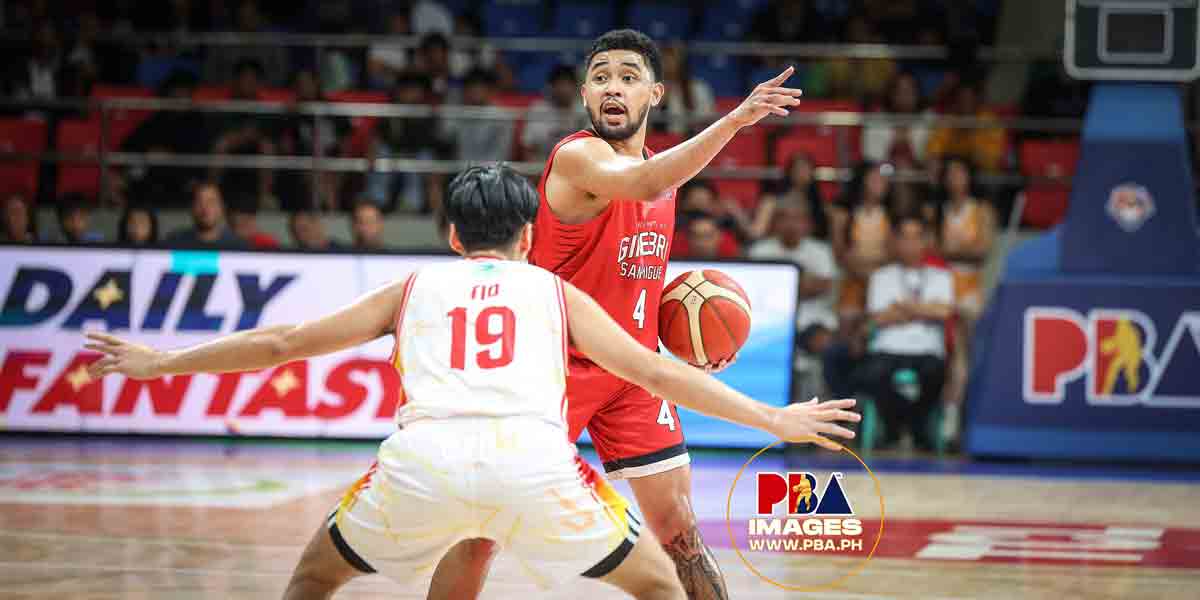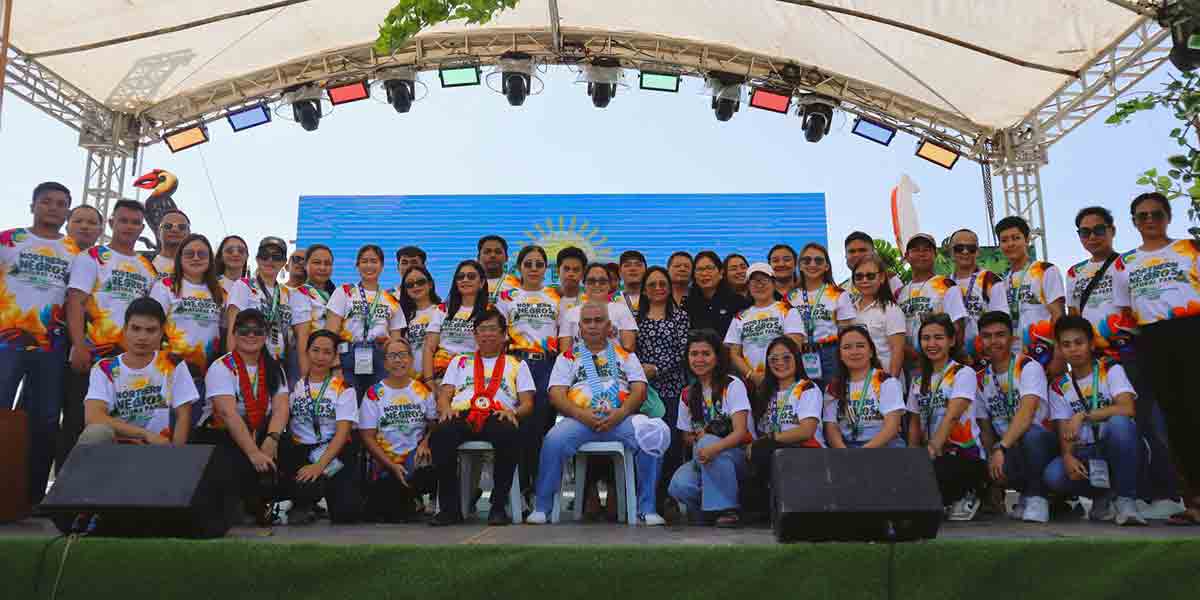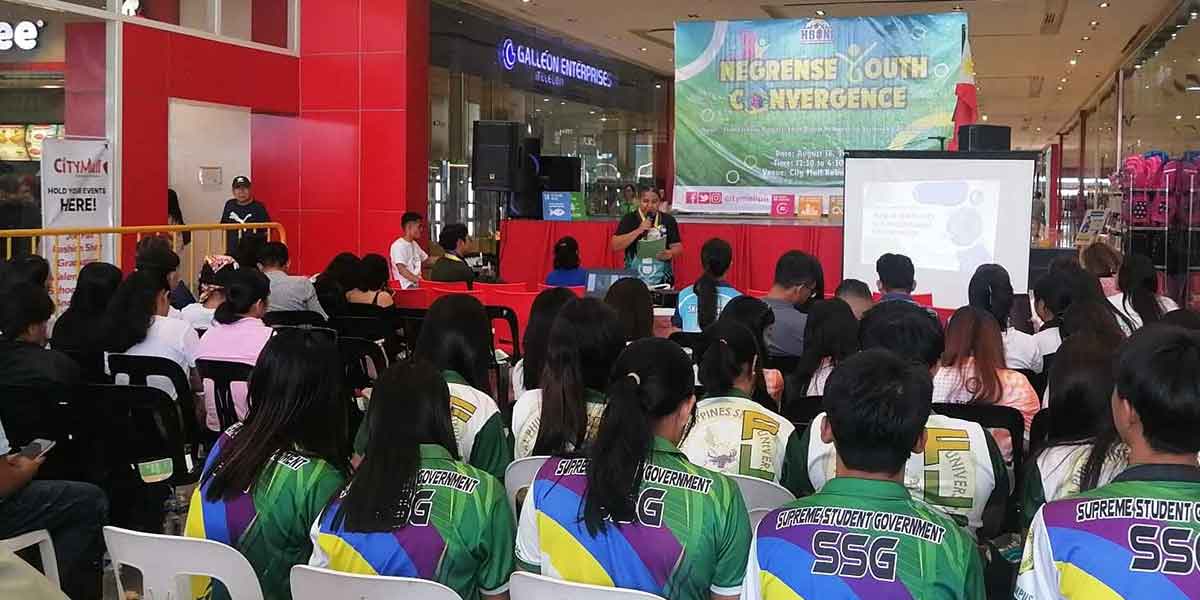By James Jimenez
I really don’t like that expression sanaol. While some would say that it is an expression of admiration, to me it smacks of a kind of unproductive envy and resentful antagonism for the success of others. Occasionally, however, I find that it also evokes a wistful, even melancholic, longing – an emotion that I felt recently, while reading stories coming out of the 2024 Paris Olympics, about EJ Obiena and Aira Villegas.
In the competitive world of sports, the pressure to succeed can be overwhelming. Athletes are typically seen as national heroes, their victories celebrated with over-the-top fervor and their losses met with profound disappointment. The recent reactions of Filipino athletes EJ Obiena and Aira Villegas to their failure to land golds in the games, demonstrate a deep understanding of these expectations, and a laudable sense of personal accountability. And it drew that muttered sanaol out of me.
EJ Obiena, the Philippines’ premier pole vaulter, and ranked No. 2 in the world, failed to clear 5.95 meters in the 2024 summer Olympics, held in Paris. Ironically, the bar that frustrated his podium dreams – and broke the heart of a nation eagerly holding its breath for the end of the 88-year Olympic athletics medal drought – was a mere .05 meters higher than the 5.90 meters he had earlier cleared. If he had not missed three consecutive attempts, he would have bagged at least a bronze.
In an interview after the loss, Obiena offered a heartfelt apology. “I apologize,” he said, turning emotional. “I promised I’m gonna go back after Tokyo and do better. I did, but I would say it didn’t change in my book. Still, I came up short. I’m sorry, I apologize for it,” He finished 11th in the Tokyo Olympics.
Aira Villegas, on the other hand, did land a bronze, but later on expressed regret at falling short of a gold finish. In a statement posted on social media, she acknowledged that she had been over-matched by a well-prepared opponent who had been able to dictate the tempo of the match, almost from the opening bell. “I was still able to bring home a medal,” she said, “I hope you’re still proud of me.”
These actions by Obiena and Villegas in the face of defeat, are commendable and worthy of emulation. Or as others might put it, “pinapalakpakan at ginagaya.” Instead of deflecting their accountability and offering up excuses, they were honest enough to admit their shortcomings, and humble enough to acknowledge the efforts of their competition. None of that “biased ang referee” nonsense for these two. More importantly, by publicly acknowledging their perceived failures, they invite their supporters – the rest of us – to share in their journey, making every victory and defeat a collective experience.
Athletics teach perseverance, discipline, and the importance of facing challenges head-on. As stand-ins for the Filipino people, we see in these two athletes, the embodiment of our highest aspirations for ourselves – perseverance in the face of adversity, the grace to accept a loss, and the determination to bounce back and bounce back better. With their baring of their souls, Obiena and Villegas remind us that sports are not just about winning medals but about representing the spirit and resilience of a nation.
The apologies from EJ Obiena and Aira Villegas for not bringing gold home reflect a deep sense of accountability and an understanding of the national expectations they carry. Their actions exemplify humility, resilience, and a profound commitment to their country and their sport. As they continue to strive for excellence, their transparency and sense of responsibility will undoubtedly inspire many, reminding us all of the true spirit of sportsmanship and the power of owning up to our actions. If only everyone could embrace such a healthy sense of accountability – and not just in the sports world either. Sanaol indeed.





















